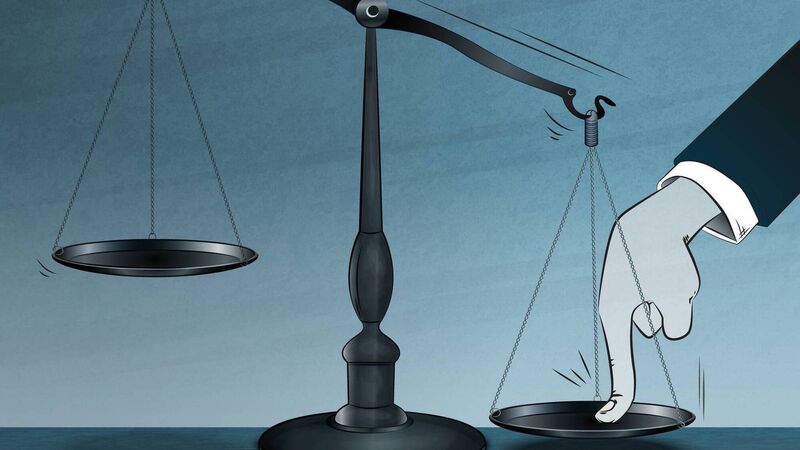Sarah Harte: New law doesn't go far enough to rebalance free speech rights

Our civil defamation law is widely considered to be oppressive compared with other European defamation laws, meaning that freedom of speech is disproportionately curbed. Political parties, wealthy individuals or corporations too often take Strategic Lawsuits Against Public Participation (SLAPPS) to effectively stifle independent reporting and commentary. File photo
“Reputation, reputation, reputation! O, I have lost my reputation! I have lost the immortal part of myself, and what remains is bestial.” So spoke Cassio in after a drunken brawl when he was stripped of his position. He feels nothing more than ‘bestial’ without his good name.
Our reputations are precious, and harmful, defamatory statements can strike at the core not just of our identity but at our dignity and public standing, sometimes with financial consequences. Getting the balance right between protecting an individual’s right to their good name and the right to freedom of expression is not always easy, but it is critical.












